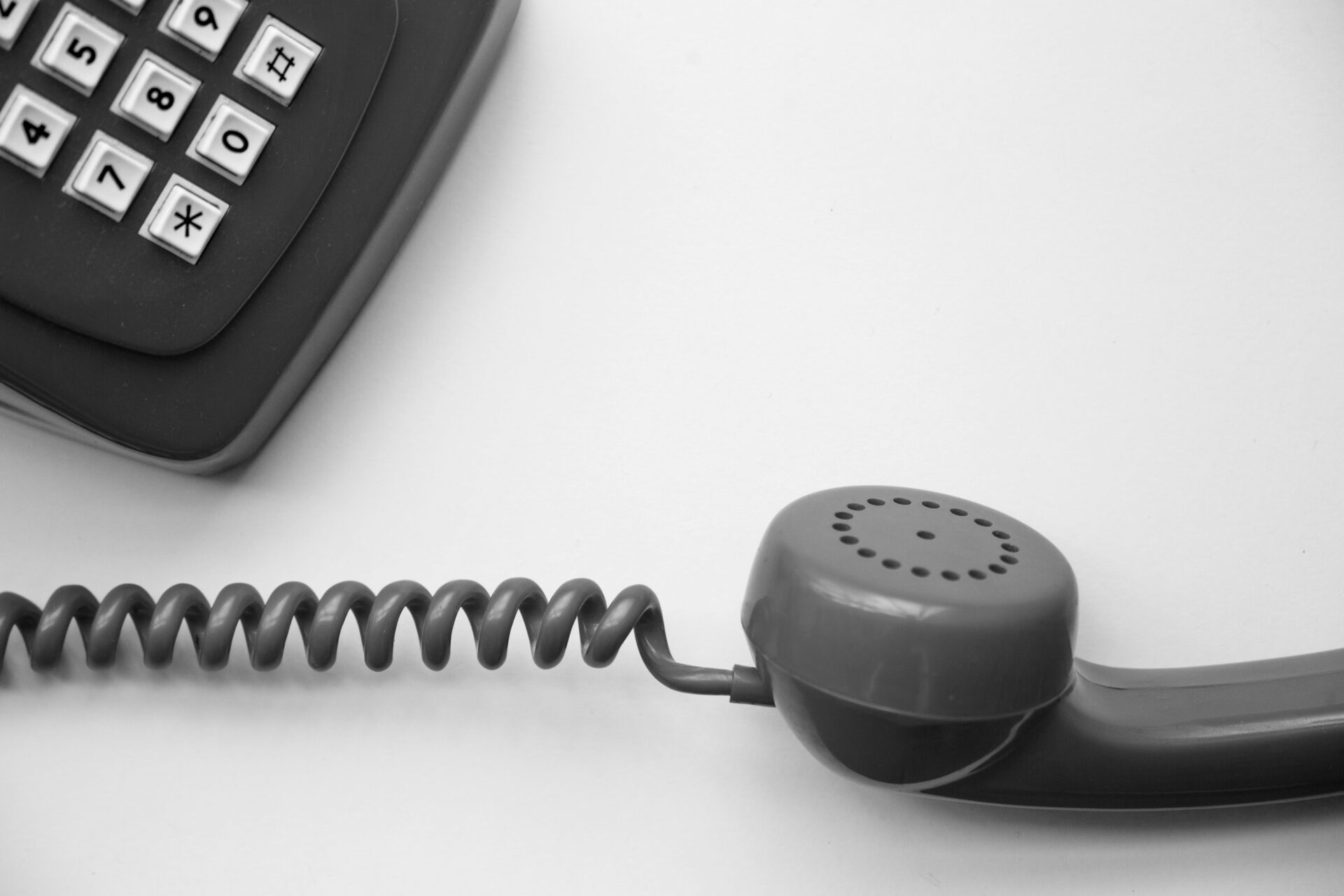Complaining is easy but painful. Taking action is demanding but rewarding.
There will always be something to complain about if you set your mind to it.
“It’s too dark now in the mornings.”
“It’s too cold outside.”
“The food takes too long to be served.”
“It’s so boring sitting on a plane for three hours.”
“I am not complaining, I am just saying.”
The average person complains 15 to 30 times daily, an astonishingly high level of negativism within a day. The habit of griping about can occur in an alarmingly effortless and natural manner, though reversing this habit requires a certain degree of intentional effort and awareness.
Why do people complain?
Mark Manson, the writer of The subtle art of not giving a f*ck, has aptly noted that people tend to complain to gain the empathy of others while looking for social connection. Complaining, though, is one of the least successful ways to connect with other people.
We tend to seek understanding and agreement from others through negativity and pessimism. People will empathise and feel for us once we reveal how horrible something is and how much inconvenience it causes us.
While this approach might work short term by some sympathy nods and ostensibly reassuring “I know”, “I feel for you”, “Aren’t we all?”, people tend to get tired and overwhelmed by negativism. Simply put, who wants to invest time and energy in negative people who see black wherever they are?
Another reason people find comfort in complaints is that they require zero effort for change. Complaints are not solution-oriented.
Kurt Cobain, the famous musician, stated that he liked complaining while doing nothing to make things better. And this exact statement is the essence of complaints.
Complaints are easy and offer a strange instantaneous satisfaction while they conveniently imply no attempts for change. And change is hard work.
Habit
Complaining is a habit, and as with every habit, it can be transformed and cultivated to serve our purposes. Habits are like plasticine: easily converted to what one sets one’s mind to.
It may be cold or hot outside, and while we can’t change the weather, we can undoubtedly shift our attitude towards it and find satisfaction in the little things or rituals that provide us with a sense of comfort and fulfilment.
Indeed, we can’t control a colleague’s behaviour and reactions, but we can control our response to them -talking about hard work!
Our focus needs to be on the things we can influence by our actions and reactions rather than on the situations we have no control over.
Complaining is easy but pointless. It doesn’t lead to a better life. Taking action is hard work, but it certainly leads to a more intentional life that can reflect our core values and satisfy us.



